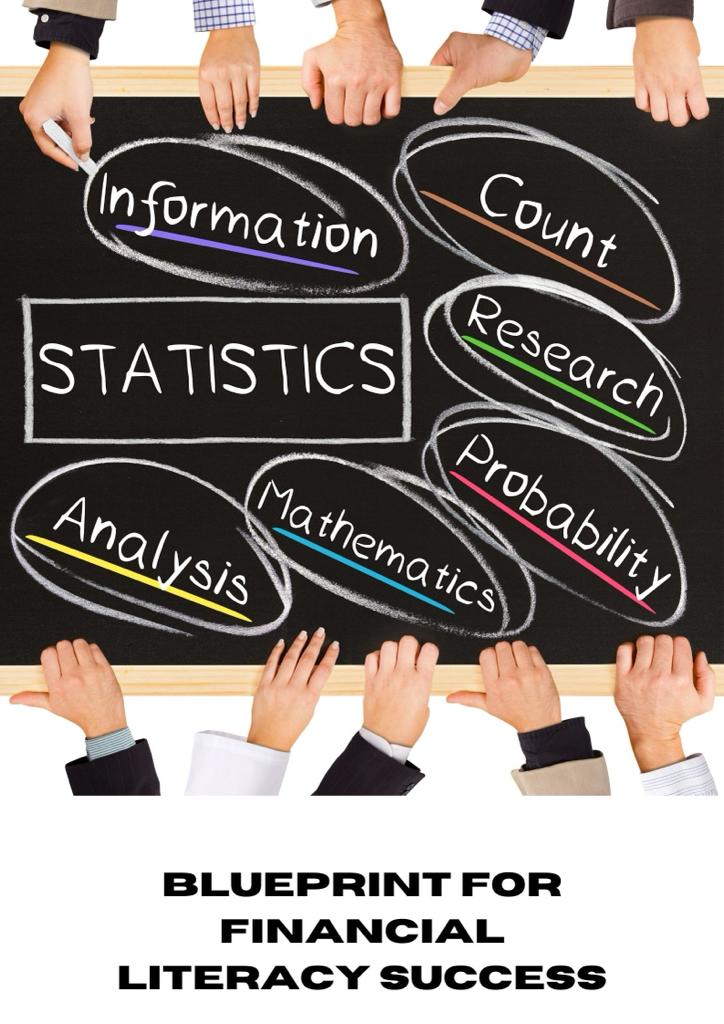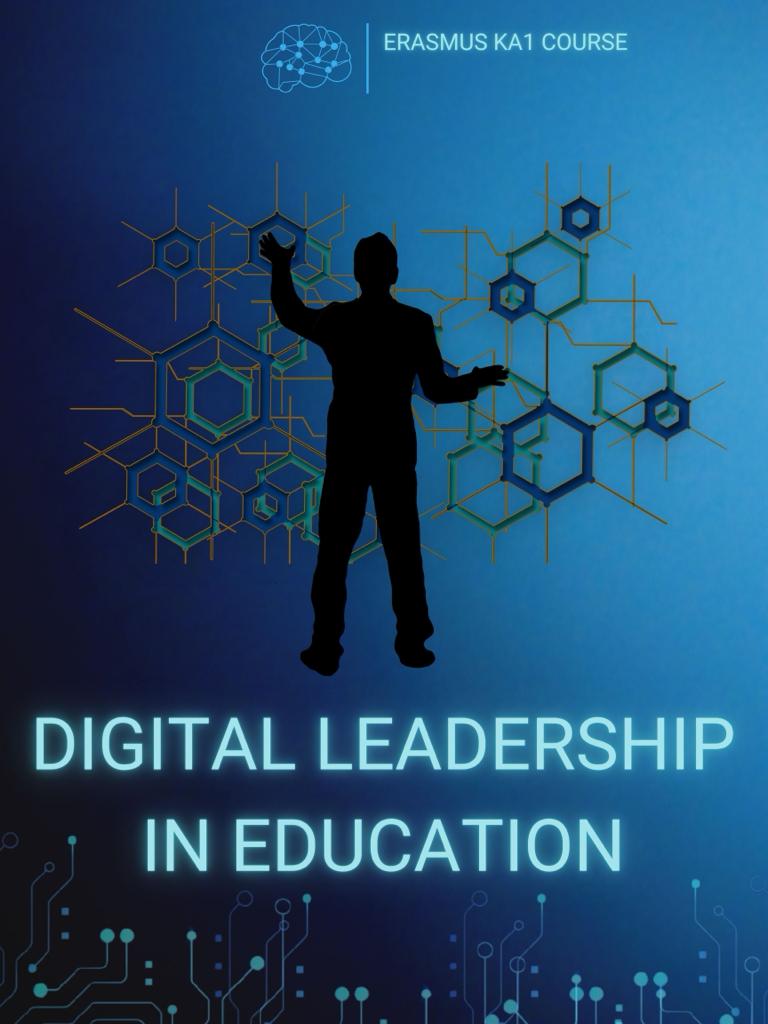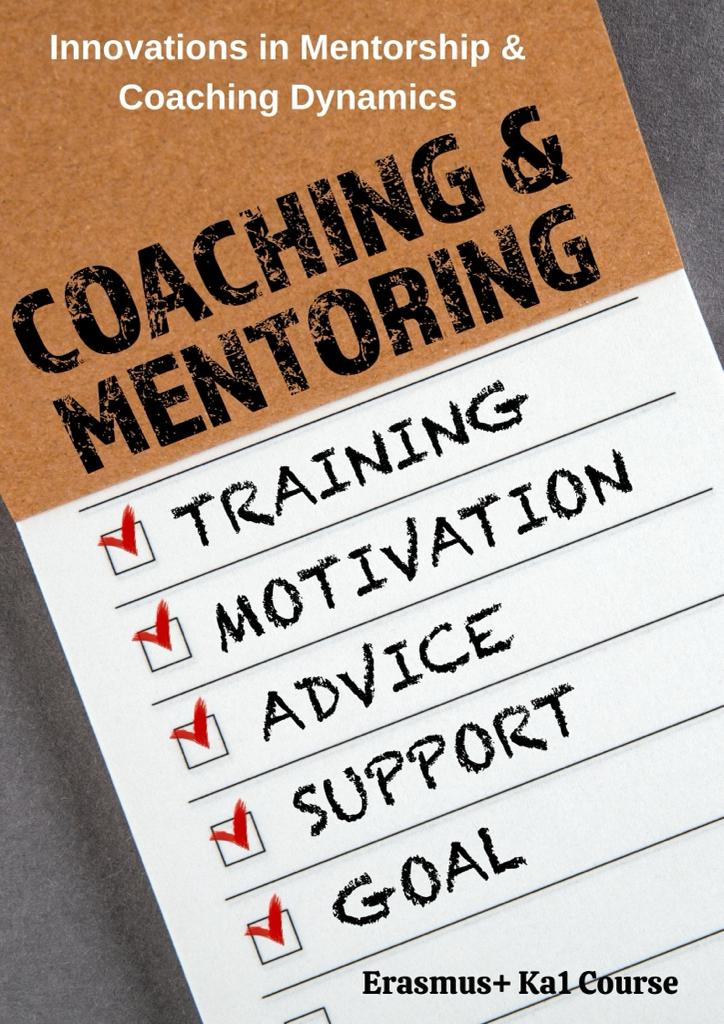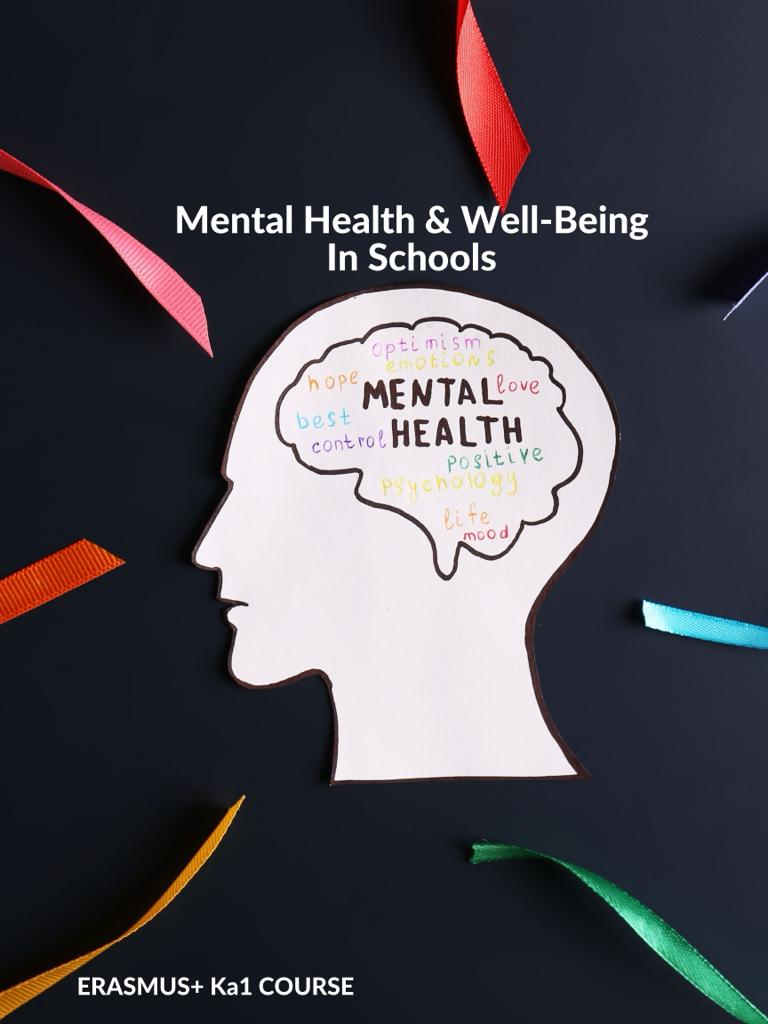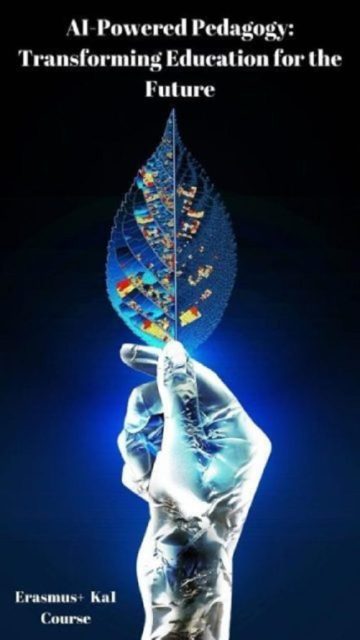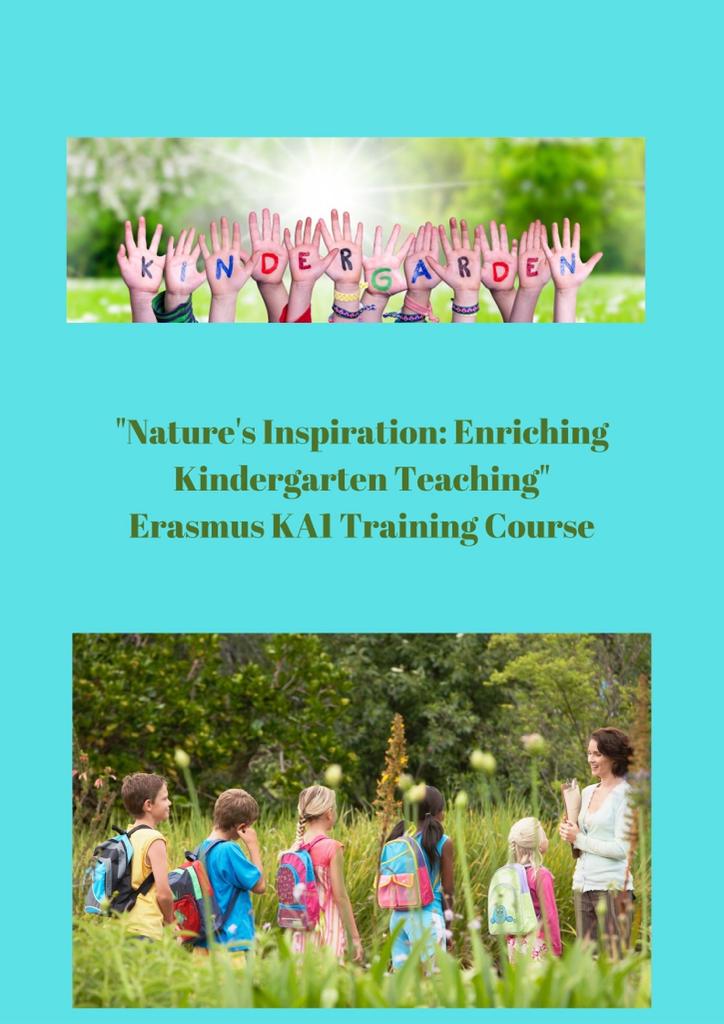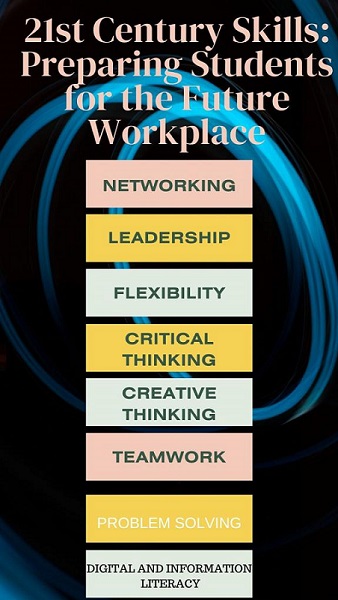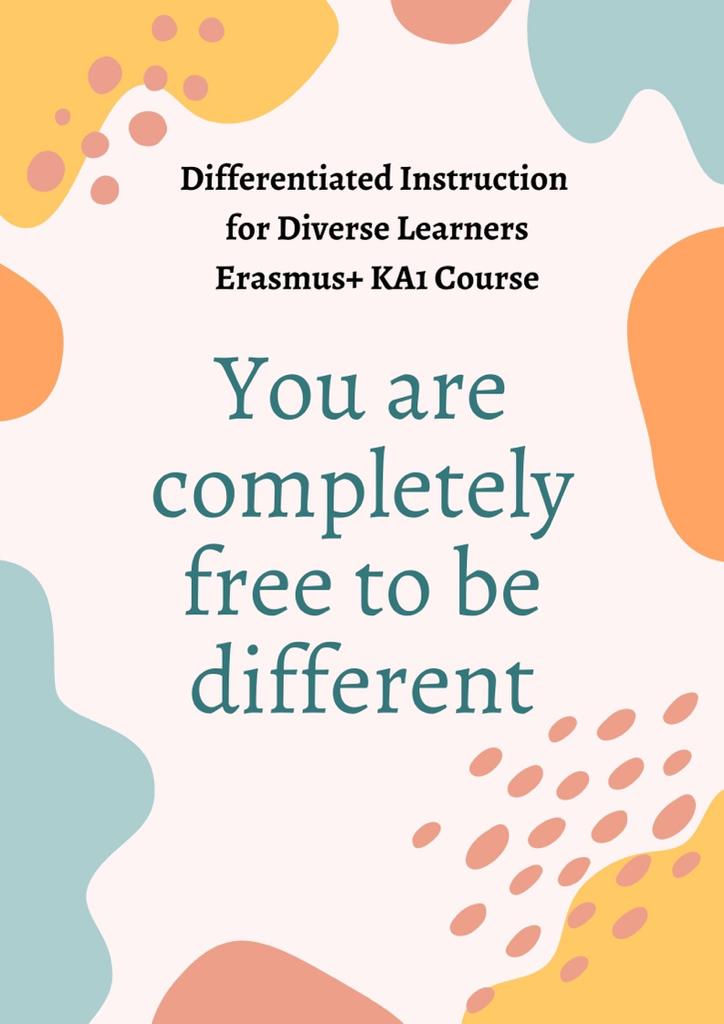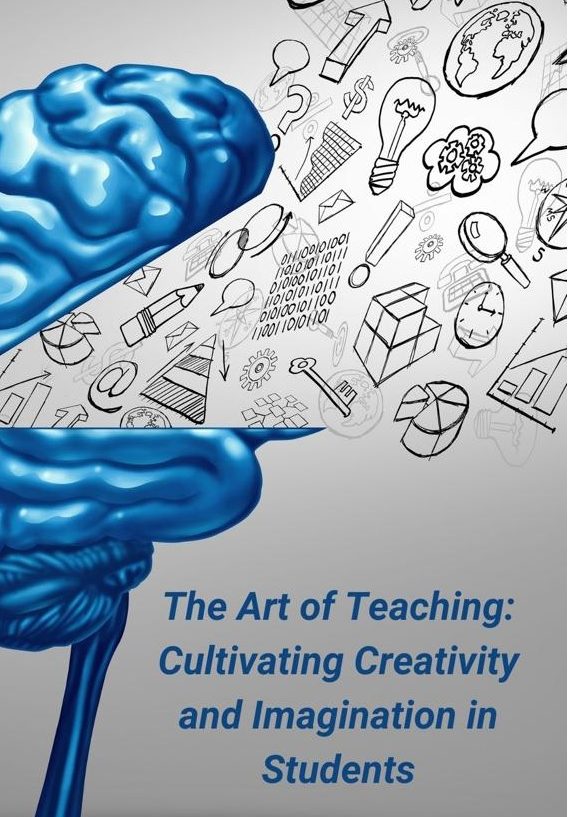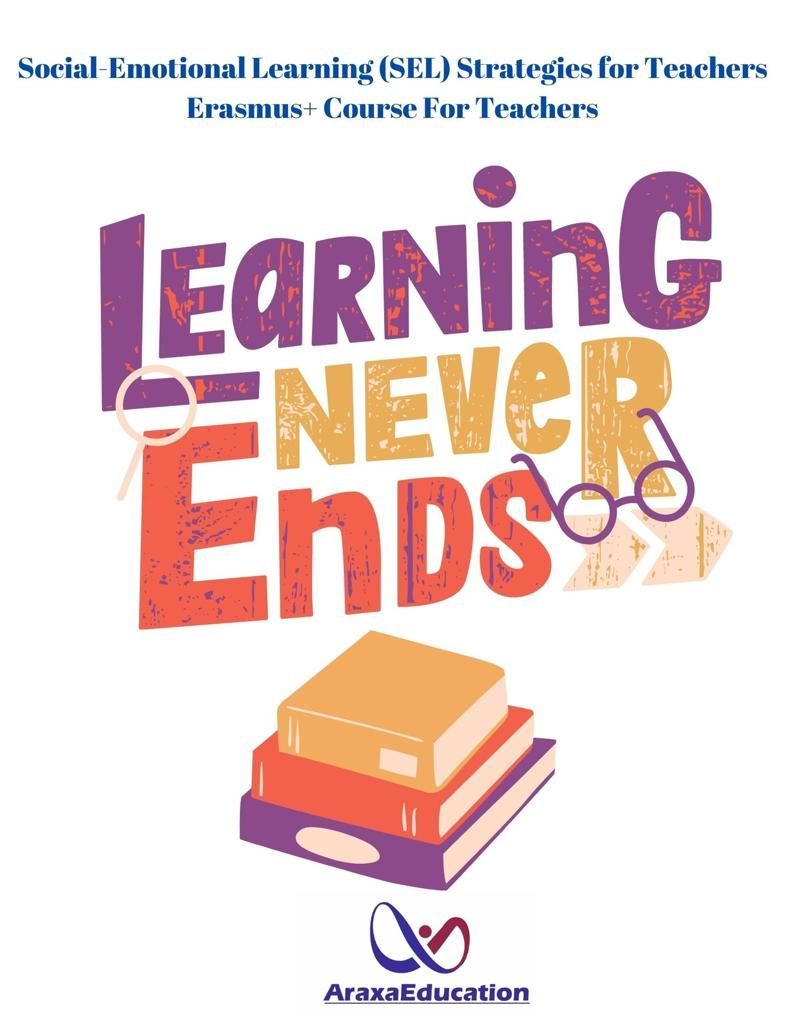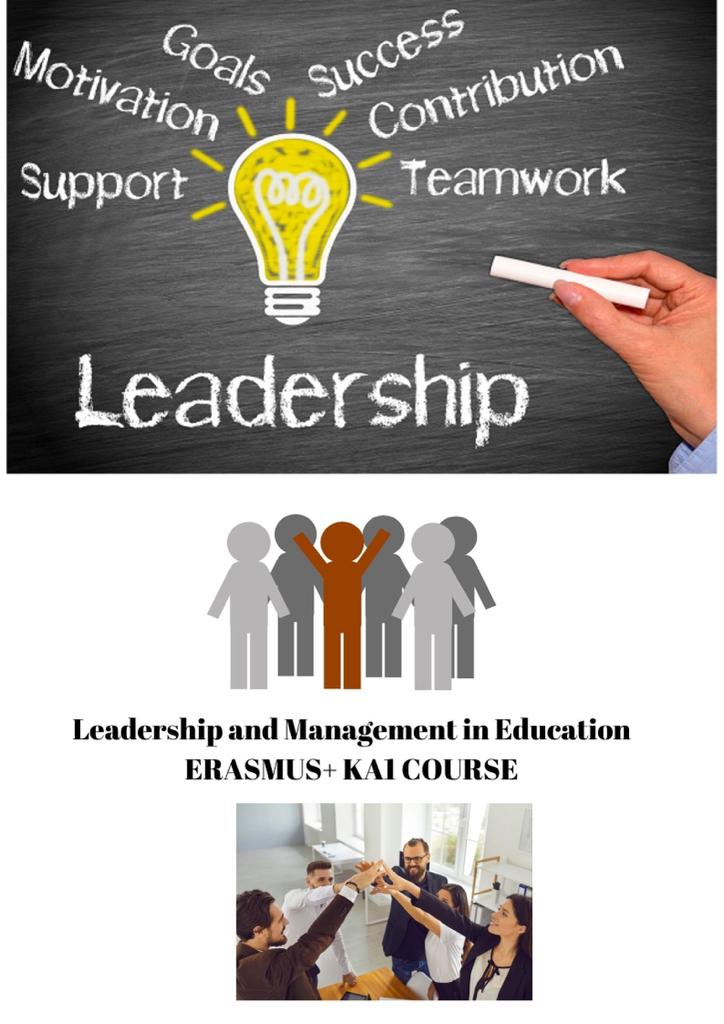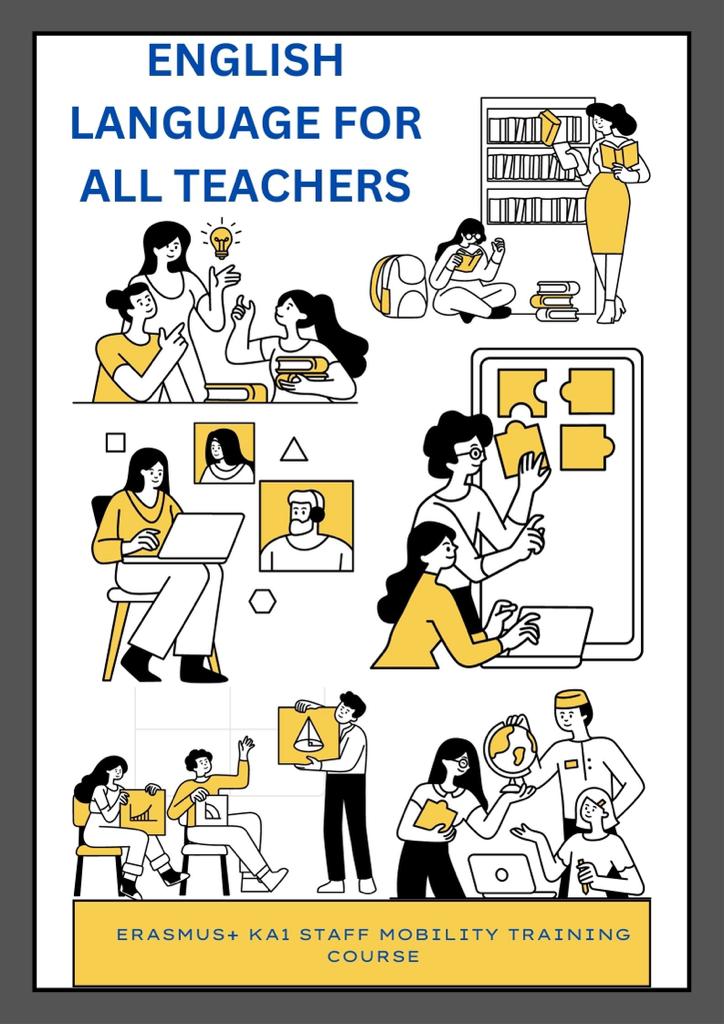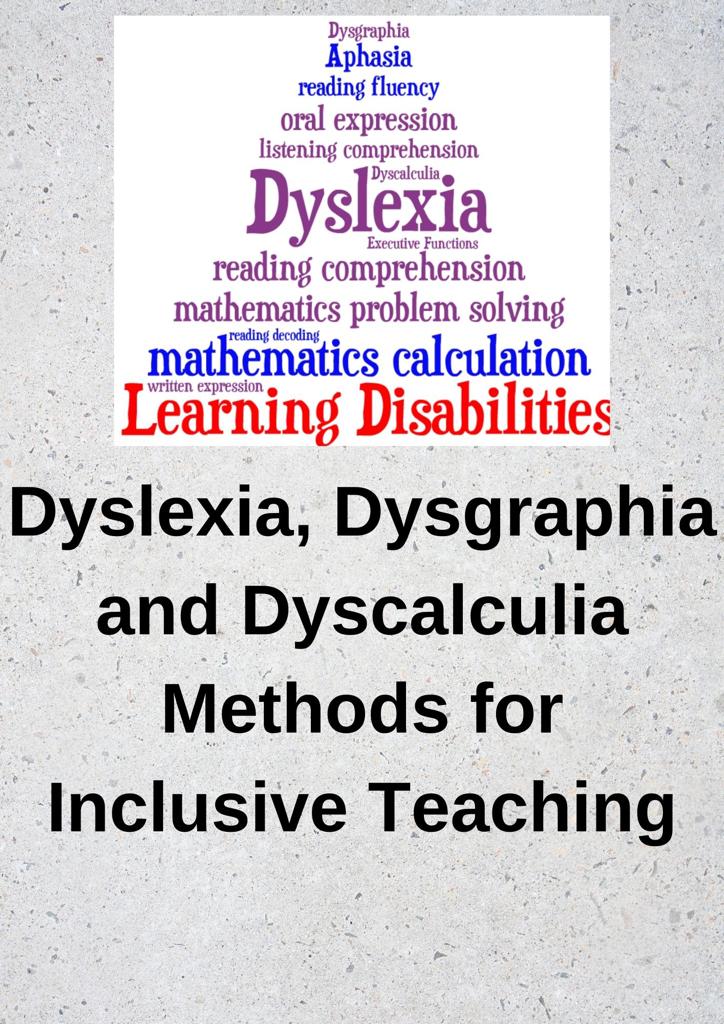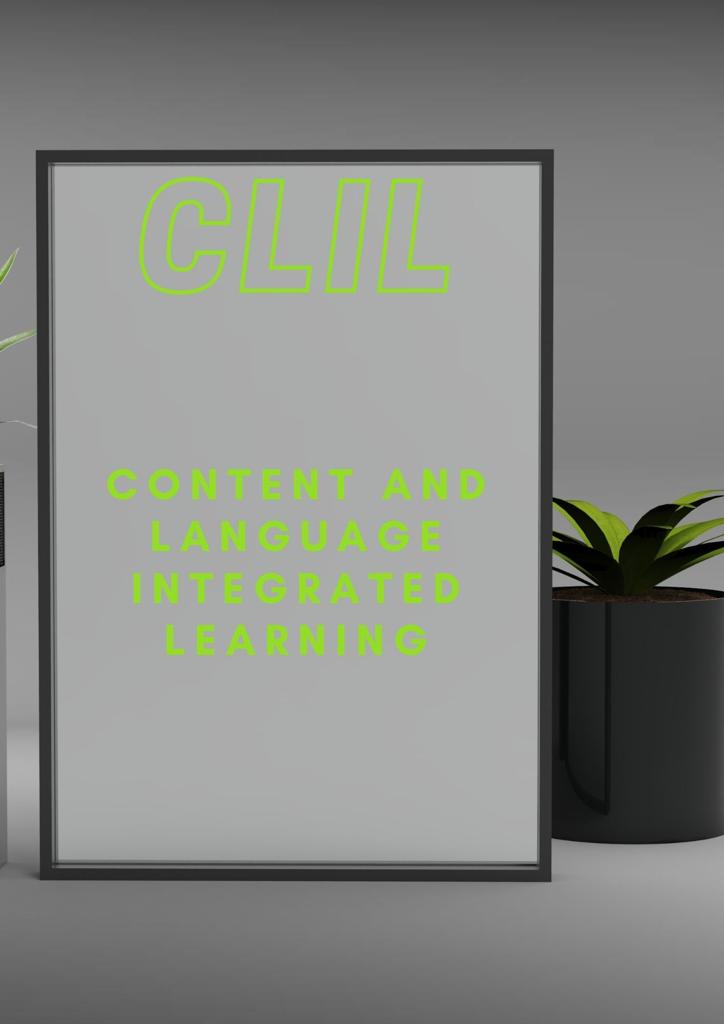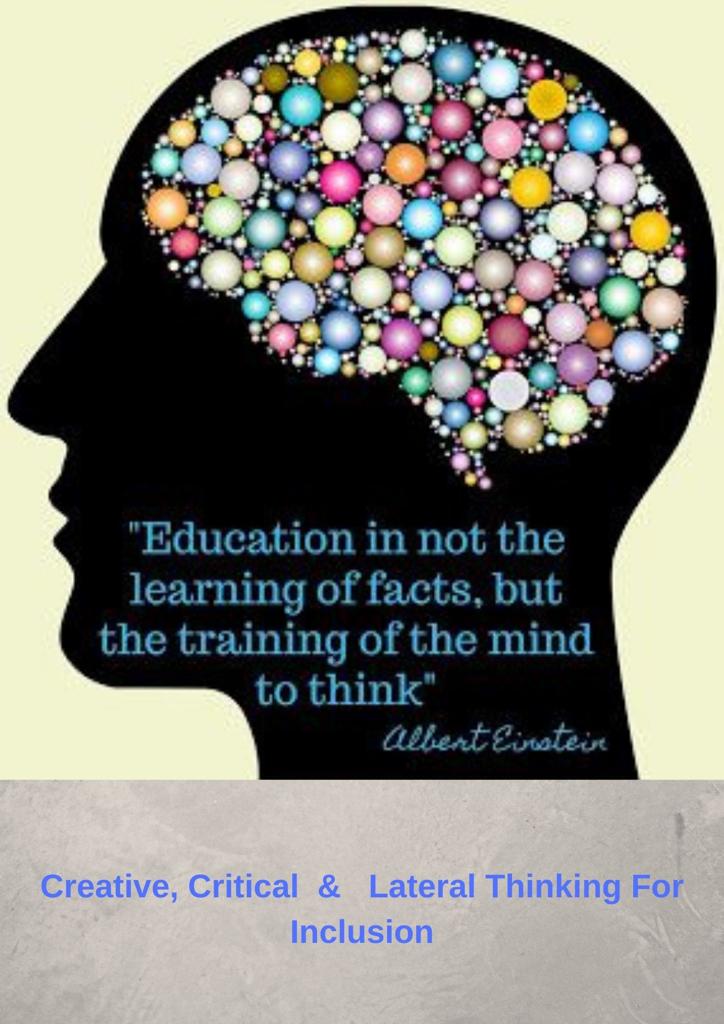| Course Description | The “Multicultural Classroom” course is designed to provide teachers with the skills and knowledge needed to create an inclusive and positive learning environment for students from diverse cultural backgrounds. Throughout the Erasmus+ course, participants will gain an understanding of the key concepts related to multicultural education, such as cultural diversity, intercultural communication, and cultural sensitivity.
They will also learn practical strategies and techniques for addressing cultural biases and building relationships with students from diverse backgrounds. The Erasmus+ KA1 Course will feature a variety of interactive and experiential methodologies, including role-playing, group discussions, and case studies. Participants will have the opportunity to apply their learning to real-world scenarios and receive feedback from both trainers and peers. The “Multicultural Classroom” Erasmus+ course is designed to help teachers create a welcoming and supportive classroom environment that is conducive to the learning and development of all students, regardless of their cultural or linguistic background. By the end of the Erasmus+ Staff Training Course, participants will have the tools and strategies necessary to foster a culture of inclusivity and understanding in their classrooms. |
| Methodologies Of The Course | The “Multicultural Classroom” Erasmus+ course will use a range of interactive and experiential methodologies to help participants develop the knowledge and skills necessary for creating an inclusive classroom environment. The methodologies include:
1. Lectures and Presentations: The training course will include lectures and presentations on key topics related to multicultural education, including cultural sensitivity, intercultural communication, and cultural diversity. These lectures will be delivered by expert trainers and will provide participants with a theoretical foundation for their learning. 2. Case Studies: Participants will engage in case studies that illustrate real-world examples of how to create a welcoming and supportive classroom environment for students from diverse cultural backgrounds. These case studies will be used to encourage participants to apply their knowledge and skills to real-life scenarios. 3. Group Discussions: The Erasmus+ KA1 Course will include group discussions that allow participants to share their experiences and ideas with one another. These discussions will be facilitated by trainers and will provide participants with an opportunity to learn from one another. 4. Role-playing: Participants will engage in role-playing exercises that help them develop their skills in communicating with students from diverse backgrounds. These exercises will be used to simulate real-world scenarios and to provide participants with a safe and supportive environment in which to practice their skills. 5. Reflective Activities: Participants will engage in reflective activities that help them assess their own biases and cultural assumptions. These activities will be used to encourage participants to develop a deeper understanding of their own cultural backgrounds and to identify potential biases that may affect their interactions with students from diverse backgrounds. Overall, the “Multicultural Classroom” Erasmus+ KA1 Course will use a variety of interactive and experiential methodologies to help participants develop the knowledge and skills necessary for creating an inclusive and supportive classroom environment. |
|
Learning Outcomes |
Upon completion of the “Multicultural Classroom” Erasmus+ KA1 Course, participants will be able to:
Overall, the “Multicultural Classroom” Erasmus+ KA1 Course is designed to help teachers develop the knowledge and skills necessary for creating an inclusive and supportive learning environment that meets the needs of all students, regardless of their cultural or linguistic background. By the end of the course, participants will have a deeper understanding of multicultural education and will be able to apply their learning to real-world classroom scenarios. |
| Language | English |
| Duration | 5 Days |
| Type of Certification Awarded |
|
Schedule of the activities
|
Online Meeting Program |
|
| Day 1: Understanding Cultural Diversity |
|
| Day 2: Building Relationships with Students from Diverse Backgrounds |
|
| Day 3: Creating an Inclusive Classroom Environment |
|
| Day 4: Using Multicultural Education to Enhance Teaching and Learning |
|
| Day 5: Integrating Multicultural Education into Classroom Practice |
|
| Online Meeting Program | Dissemination |
| Course Fee | The course fee is 80 Euros per participant per day.
This fee does not cover some expenses like accommodation or travel etc. Costs covering enrolment fees for staff mobility format ‘Courses and training’. ( Source: Erasmus+ Program Guide) |
You can also make requests for different dates and locations when filling out the pre-registration form, aside from the planned program.
|
PLANNED |
İstanbul, Türkiye
1. May 13-17, 2024 2. July 08-12, 2024 3. September 02-06, 2024 4. November 04-08, 2024
Antalya, Türkiye 1. June 03-07, 2024 2. August 05-09, 2024 3. October 07-11, 2024 4. December 02-06, 2024
Rome, Italy 1. June 10-14, 2024 2. August 12-16, 2024 3. October 14-18, 2024 4. December 09-13, 2024
Barcelona, Spain 1. June 17-21, 2024 2. August 19-23, 2024 3. October 21-25, 2024 4. December 16-20, 2024
Paris, France 1. June 24-28, 2024 2. August 26-30, 2024 3. October 28-November 01, 2024 4. December 23-27, 2024
Prague, Czech Republic 1. July 01-05, 2024 2. September 09-13, 2024 3. November 11-15, 2024 4. January 06-10, 2025
Thessaloniki, Greece 1. July 08-12, 2024 2. September 16-20, 2024 3. November 18-22, 2024 4. January 20-24, 2025
Lisbon, Portugal 1. July 15-19, 2024 2. September 23-27, 2024 3. November 25-29, 2024 4. January 27-31, 2025
|
Join our “Multicultural Classroom” course, a dynamic Erasmus+ KA1 Course designed for teachers who want to enhance their skills and knowledge in multicultural education. Through interactive methodologies and practical strategies, participants will learn how to create an inclusive and supportive classroom environment that promotes the academic and personal success of all students, regardless of their cultural or linguistic background. As an Erasmus+ Course, participants will have the opportunity to exchange best practices with peers from across Europe, broaden their professional network, and gain valuable insights into the latest trends in multicultural education. Register now to be a part of this exciting opportunity and take your teaching to the next level with Erasmus+.






